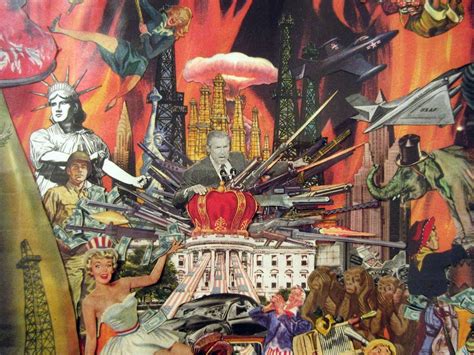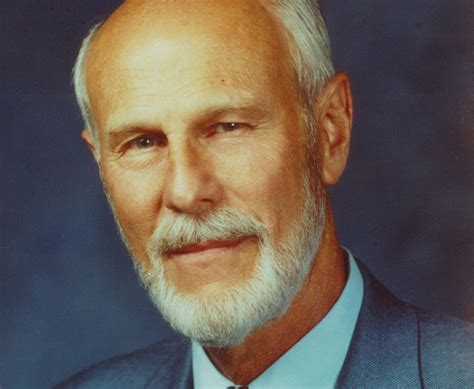A Quote by Mary Ruefle
Metaphor is not, and never has been, a mere literary term. It is an event.
Related Quotes
Luck, if it mean nothing more than an event of which the cause is not apparent, is a term that may be employed without error; but if it means, as it generally does, an event which has no cause at all, a mere chance, it is a bad word, a heathen term; drop it from your vocabulary; trust nothing to luck, nor expect anything from it; avoid all practical use or dependence upon this or its kindred words, fate, chance, fortune.
The word "God" is used in most cases as by no means a term of science or exact knowledge, but a term of poetry and eloquence, a term thrown out, so to speak, as a not fully grasped object of the speaker's consciousness -- a literary term, in short; and mankind mean different things by it as their consciousness differs.
King in Crimson is actually an alchemical term. King Crimson is a metaphor for Devil or Satan, but at the same time it's also a metaphor for one of the statures in the purification of man and the purification of mankind soul towards union with God and with Infinite, which is the philosophical aim of alchemists.
They [the disciples] were testifying to the resurrection, a question of fact, not merely of faith. They were convinced of an event. And their willingness to die for attesting to that event is far more convincing that the willingness of others to die for a mere belief or because of loyalty to a religion or religious leader.






































